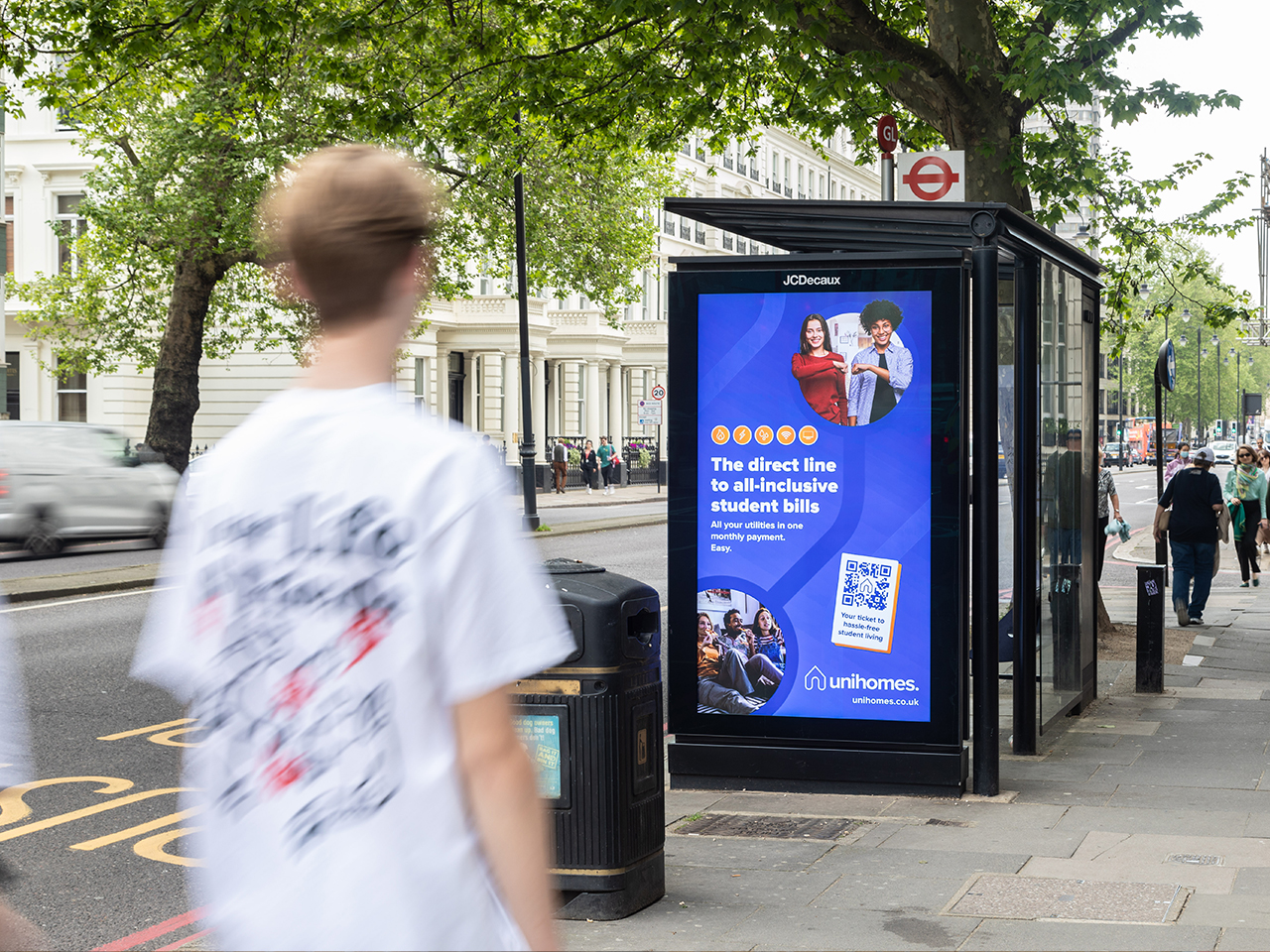A French anti-piracy law that would disconnect those suspected of copyright infringement has been overturned and replaced with a system of automatic fines, it has been announced in a official government report.
Mired in controversy, the "Hadopi law" succumbed to the pressure of the entertainment industry and would disconnect those suspected of piracy from the internet. Users were first sent two written warnings, in what was called a "graduated response", and if they did not reply their internet connection would be cut off on the final warning.
The report says that instead of simply disconnecting users, those suspected of copyright could be fined if they did not reply to warnings, with a relatively low fine (€60) to begin, and the size of the fine would increase depending on the number of infractions.
French anti-piracy will now their focus – instead of handing heavy punishments to individual users, the government is looking towards penalising "commercial piracy" and "sites that profit from pirated material", according to an official spokesperson.
The Hadopi law was introduced in 2009 by the then president, Nicolas Sarkozy, but suffered great controversy when France's highest court, the Constitutional Council, declared access to the internet a basic human right.
The government has spent millions on the agency that patrols the system and during its implementation, it only ever fined one individual €150, disconnecting their internet access for 15 days.
Source: The Guardian








